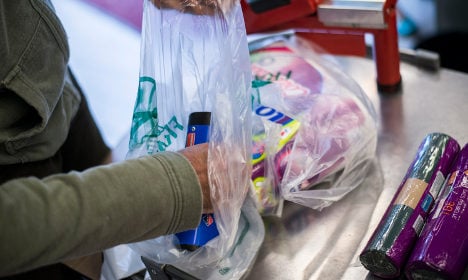The law, part of France's energy transition bill, was originally due to come into force on January 1st, but its introduction has been delayed due to a hold up in Brussels. The European Commission has called for clarification of the text legislating the ban, for example making clear the precise size, weight and type of bags affected by the ban.
Ségolène Royal, France’s Minister for Ecology, said on Monday that the government planned to generalize the bill from the start of the new year as per the original plan; many supermarkets have already stopped distributing plastic bags, or had planned to do so from January. However, those found violating the ban will not face penalties until “the end of March”, reported Le Monde.
The bill does not include a ban on those plastic bags that are deemed re-usable or biodegradable. It also suggests promoting other methods to carry home shopping such as trolleys.
France’s efforts to reduce the number of plastic bags in distribution comes on the back of a call by the EU asking member states to reduce the 100 billion bags handed out by 80 percent.
Thanks to a previous voluntary agreement, the number of plastic bags distributed at supermarket counters in France decreased drastically from 10.5 billion to 700 million between 2002 and 2011, with a further decrease after the government introduced a tax of around six centimes per plastic bag in January 2014.
A second law is planned for January 1st 2017, which will ban all other kinds of disposable plastic bags (unless they are biodegradable), including those provided for packaging fruit, vegetables or cheese.



 Please whitelist us to continue reading.
Please whitelist us to continue reading.
Member comments